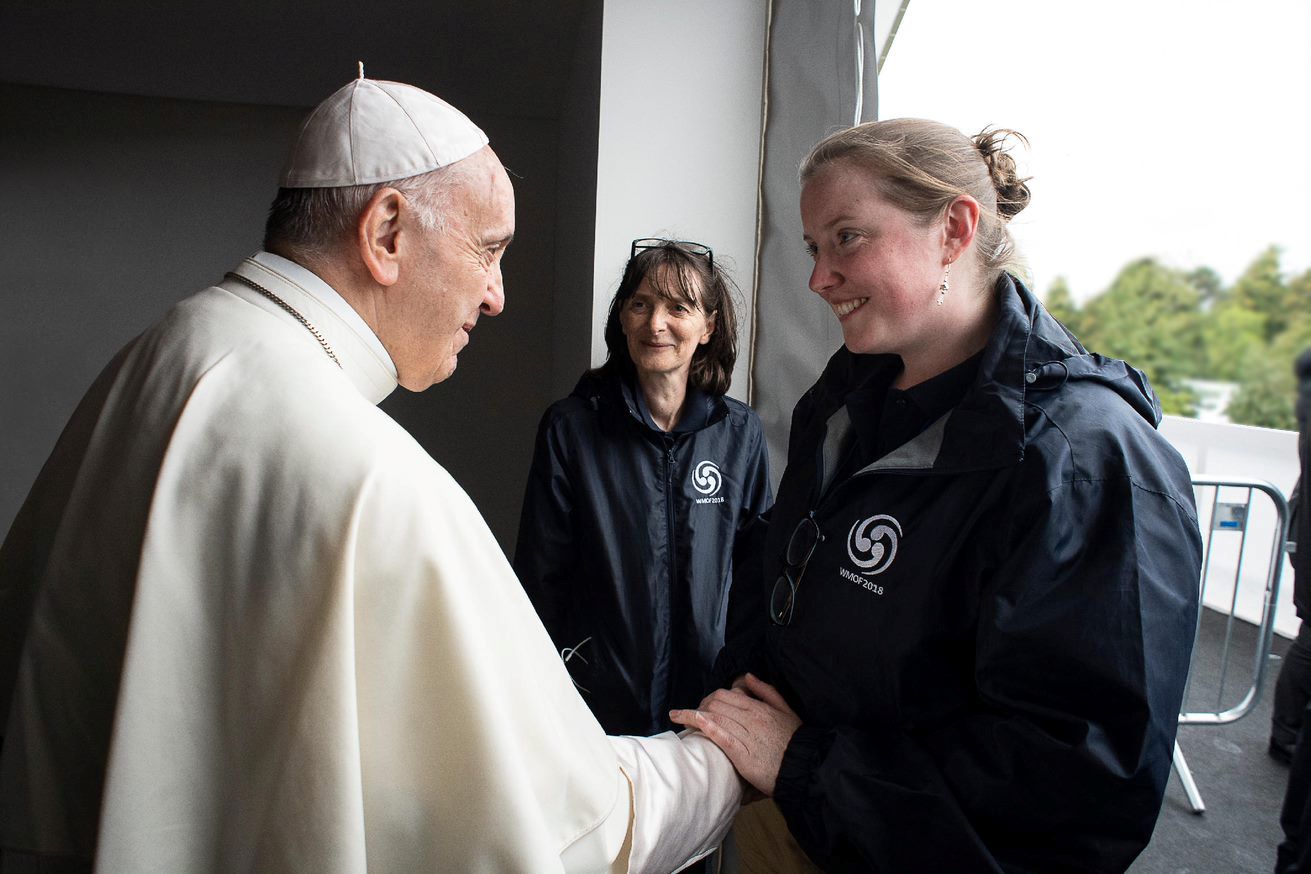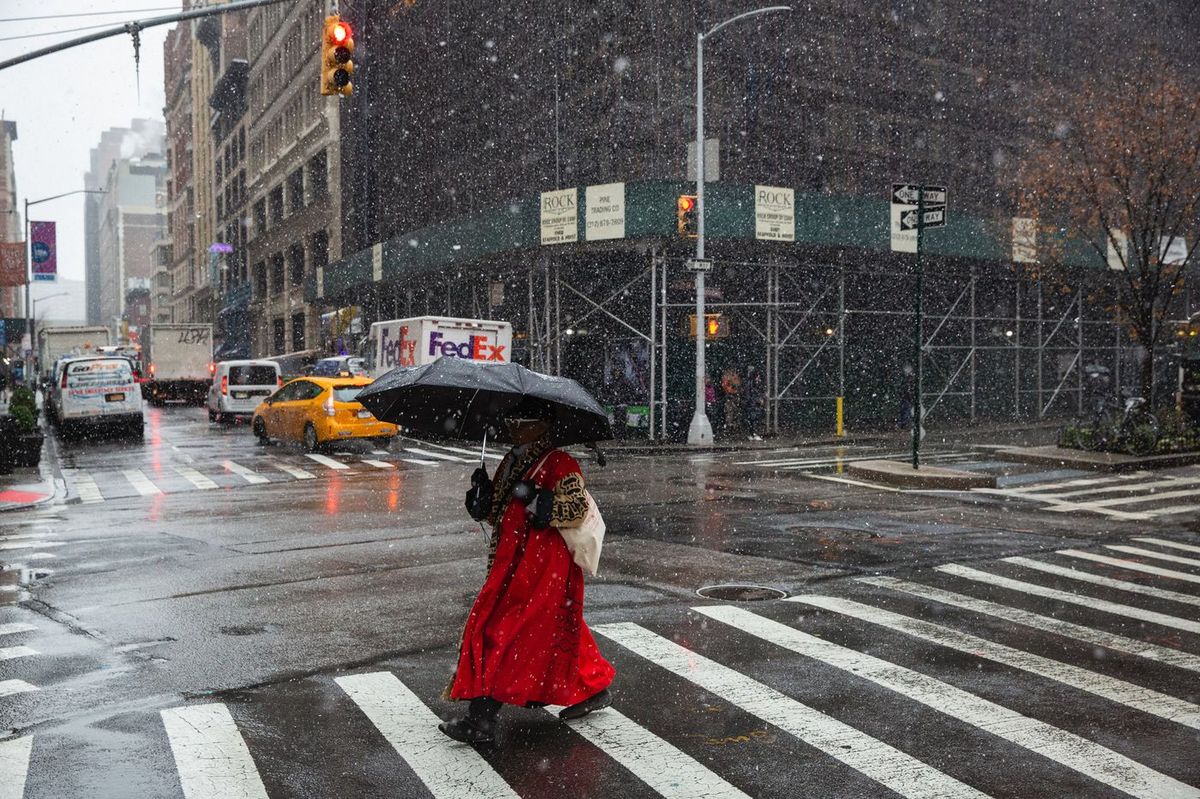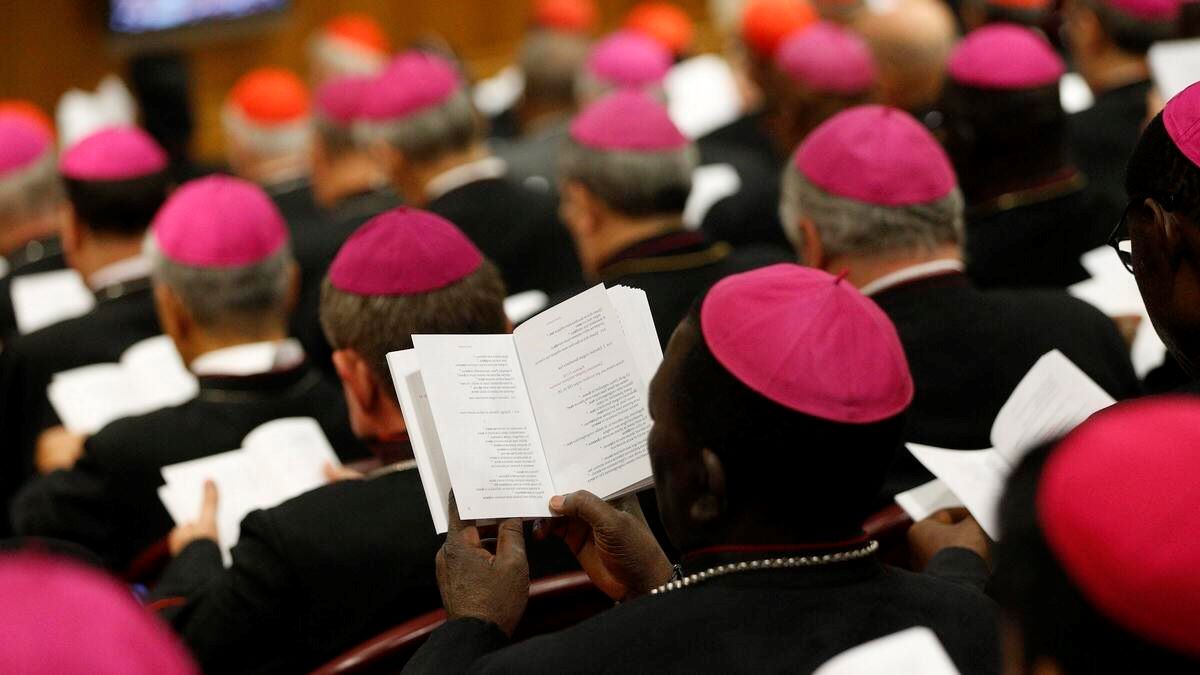
What is the Preferential Option for the Poor? The Preferential Option for the Poor is a principle rooted in Catholic social teaching that emphasizes the need to prioritize the well-being of the most vulnerable in society. This concept calls for individuals, communities, and governments to focus their efforts on uplifting those who are impoverished or marginalized. Why is this important? Because it challenges us to create a more just and equitable world by addressing systemic inequalities and advocating for policies that benefit the disadvantaged. By understanding and embracing this principle, we can work towards a society where everyone has the opportunity to thrive, regardless of their economic status.
What is the Preferential Option for the Poor?
The Preferential Option for the Poor is a principle rooted in Catholic social teaching. It emphasizes the need to prioritize the well-being of the poor and vulnerable in society. This concept encourages individuals and institutions to make decisions that benefit those who are less fortunate.
- The term "Preferential Option for the Poor" was first used in 1968 by Father Gustavo Gutiérrez, a Peruvian priest and theologian.
- This principle is deeply embedded in the teachings of the Catholic Church, particularly in the context of social justice.
- It calls for a moral obligation to prioritize the needs of the poor in policy-making and personal actions.
- The concept is not limited to material poverty but also includes social, political, and spiritual dimensions.
- Pope John Paul II emphasized this principle in his 1987 encyclical, "Sollicitudo Rei Socialis."
Historical Context of the Preferential Option for the Poor
Understanding the historical context helps to grasp the significance of this principle. It has evolved over time, influenced by various social and political movements.
- The Preferential Option for the Poor gained prominence during the Second Vatican Council (1962-1965).
- Liberation theology, which emerged in Latin America in the 1960s, played a crucial role in popularizing this concept.
- The principle was a response to the widespread poverty and inequality in Latin America during the 20th century.
- It was also influenced by the civil rights movements and anti-colonial struggles worldwide.
- The Medellín Conference of Latin American Bishops in 1968 was a pivotal moment for the Preferential Option for the Poor.
Theological Foundations of the Preferential Option for the Poor
The theological foundations of this principle are essential to understand its depth and significance. It is rooted in biblical teachings and the life of Jesus Christ.
- The concept is inspired by the teachings of Jesus, who showed a special concern for the poor and marginalized.
- The Bible contains numerous references to caring for the poor, such as in the books of Isaiah and Proverbs.
- The parable of the Good Samaritan is often cited as an example of the Preferential Option for the Poor.
- The principle is also linked to the Beatitudes, where Jesus blesses the poor and those who hunger for justice.
- Catholic social teaching documents, such as "Rerum Novarum" and "Gaudium et Spes," emphasize this principle.
Practical Implications of the Preferential Option for the Poor
The Preferential Option for the Poor has practical implications for individuals, communities, and institutions. It calls for concrete actions to address poverty and inequality.
- It encourages individuals to volunteer and support charitable organizations that help the poor.
- Institutions, including governments and businesses, are urged to create policies that benefit the disadvantaged.
- The principle advocates for fair wages, access to education, and healthcare for all.
- It also calls for environmental stewardship, recognizing that environmental degradation disproportionately affects the poor.
- The Preferential Option for the Poor promotes solidarity and the common good, urging society to work together to uplift the marginalized.
Final Thoughts on Preferential Option for the Poor
Preferential Option for the Poor isn't just a concept; it's a call to action. It urges us to prioritize those in need, ensuring they receive the support and opportunities they deserve. This principle challenges us to rethink our societal structures and personal choices, pushing for a more just and equitable world. By focusing on the marginalized, we can create communities where everyone has a chance to thrive. Remember, small actions can lead to significant changes. Whether through volunteering, advocating for policy changes, or simply being more mindful of our consumption, we can all contribute. The Preferential Option for the Poor reminds us that our collective well-being hinges on lifting up the most vulnerable. Let's embrace this principle in our daily lives, making compassion and justice the cornerstones of our actions.
Was this page helpful?
Our commitment to delivering trustworthy and engaging content is at the heart of what we do. Each fact on our site is contributed by real users like you, bringing a wealth of diverse insights and information. To ensure the highest standards of accuracy and reliability, our dedicated editors meticulously review each submission. This process guarantees that the facts we share are not only fascinating but also credible. Trust in our commitment to quality and authenticity as you explore and learn with us.


